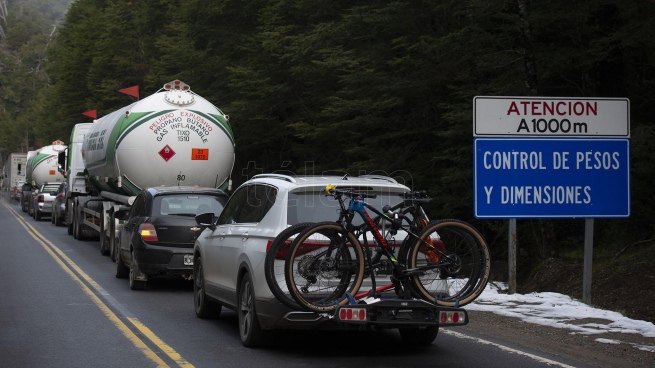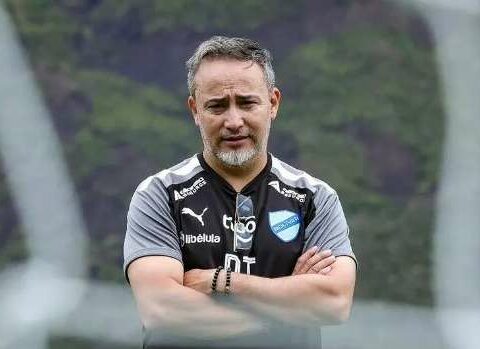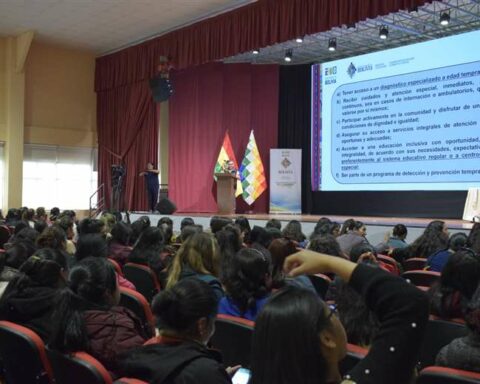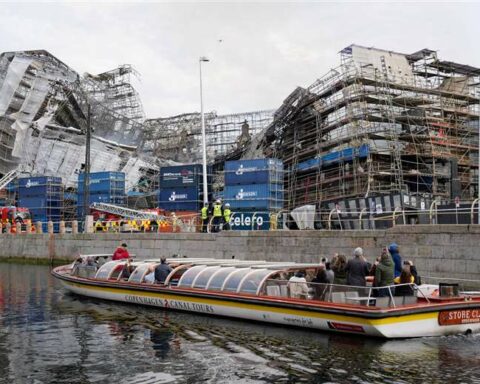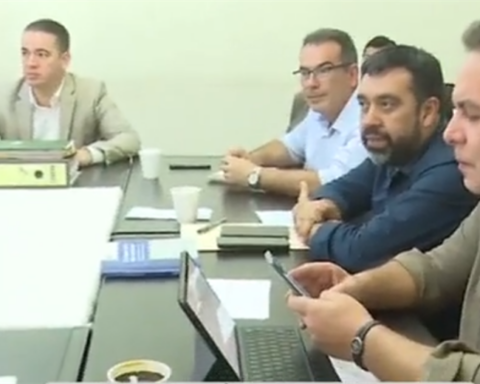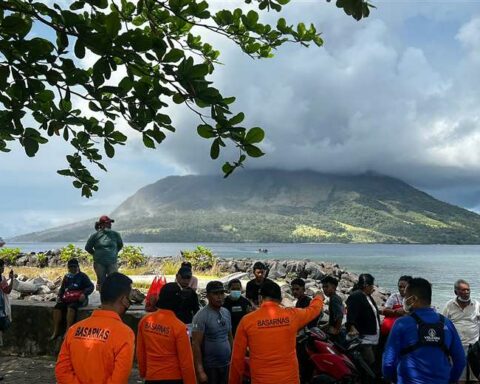Just as the coin has two sides, in Bolivia there are enterprising, dynamic and positive people, and others locked up and determined to bet on nothing.
As an example to highlight are those who trust in the country and decide to leave other opportunities outside and bring their knowledge, their desire and their dreams to these lands. The case of Luis Fernando Ortiz, for example, founder of the DeltaX platform that seeks to modernize a cargo transport system, which today suffers from many shortcomings. But this undertaking is thanks to another 22 wills from different regions of the country, which have already achieved results and are committed to a development as necessary as the wind. The activity extends to other countries such as Peru, Ecuador and Colombia, seeking to connect and transport. Make dreams viable.
On the other side of the coin are those who insist on blocking free transit, violating the Political Constitution of the State, impeding, curbing and whipping the other, their peer, the like, everyone.
One is the wheel and another is the stick in the wheel. One is the development and the national and international link and the other, the obstacle, the confinement, the backwardness.
Continuing with the blocking method as a protest has a dark ending. If it worked in the past, it does not mean that it is the formula for success, far from it. Today the times are different. The world has changed.
In the 21st century, time is precisely what we lack to advance as other countries do. The format of blocking, for any demand, without first finding solutions through dialogue, consensus and common sense, is definitely a shot in the foot.
For everything and for nothing, streets, routes and avenues are cut, knowing that the collective damage is greater than the gain. From the plaintiff’s side, he finds in this unconstitutional and authoritarian action that someone should listen to them, because nobody does anything for their demands. So when ‘there is no remedy’, it turns out that the remedy is worse than the disease. On one hand, transporting cargo to generate resources and means of subsistence, on the other, transporting the burden of a heavy past, a backpack that anchors and reduces.
Faced with this lack of attention from the authorities, the easiest and most effective method is the blockade: ‘they harm me, I harm them’ and thus it turns out that we are all harmed and we are all the country, a vicious and glassy circle that seems not to be known it can come out and that those who should avoid it do not learn, do not give options and do not assume their responsible and true role.
They do not find such a simple way out, they do not create another form of bet and they do not aspire for a better tomorrow. And it is chronic, it is pathetically a chronicle of death foretold.
There are investors looking for where to allocate their resources to do business, link and extend their projects in the market. Today, dozens of digital platforms favor these ventures and generate proposals that, at great speed, become reality.
The times are different, the looks too. The digital age of the 21st century has no turning back. As much as they insist on curbing innovative and purposeful impulses, progress will take every stone in the way and every whim stagnant.
The two faces of a place called Bolivia, a country located in a privileged place on the continent and with extraordinary natural and human resources, is today just a little short of its bicentennial, that is to say, already wearing long pants, still not agreeing on the model in may we all be a little happier.



